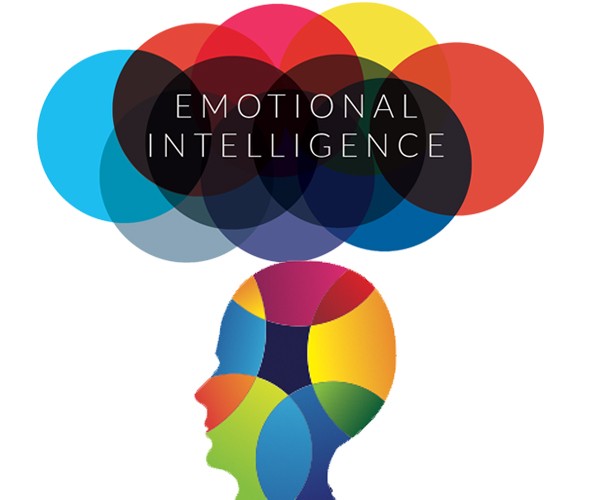

Comment on how and what you learned about yourself and EI. Choose a competence that is most important to you and explain what attributes are most important and why. Substantiate your choice as well as add one additional competence that reflects your culture, your family, or your views. Explain how each competence is important.
This week I realized how little I know about Emotional Intelligence and about myself, as well. I did not even understand how important it is to be aware of EI, its components, and MBTI types. Even though we have not been asked to have the MBTI test yet, I was too curious and finished it before writing my Discussion Forum assignment. I learned about some of my strengths and weaknesses that I would probably never think of and realized how important it is to be aware of Emotional Intelligence and that it is a skill that can be learned and upgraded, which will be very helpful in both personal and professional areas. The higher your EI level is, the more successful you are in relationships and different social situations. According to Cherniss (1999), Emotional Intelligence can be seen as a tool that can be used by managers and HRs in order to claim that something should be done, providing good reasoning. It can be also used to find better suitable professionals to provide a greater success rate.
I think that Self-Regulation is the most important domain of EI to me, and it was not easy to choose the most crucial competence but, in the end, I believe it is Conscientiousness. Just like most of the other ones, Conscientiousness is closely connected with both our professional and personal lives. For example, at work, it is helpful to avoid procrastination and not to struggle with deadlines. It is also about developing a strong work ethic, and being organized and reliable – all these traits are important for future success. In our personal lives, Conscientiousness also affects our behavior a lot. For example, nobody likes to live in mess, but not everybody likes cleaning. However, Conscientious people prefer order, pay attention to detail, and like it when everything is neat and clean. There are even some studies that claim that Conscientiousness can also make people healthier (Sutin et al, 2018).
To substantiate my choice, let me describe some of the advantages and disadvantages of Conscientiousness. For sure, Conscientious people are trustworthy and reliable. Their values go along with their actions, and you can rely on their words. They can also have better grades in school and higher incomes due to their organized nature and self-discipline. Unfortunately, sometimes they start struggling with perfectionism and can become too serious, but this issue can be solved by having fun and lighting up (Gordon, 2022). However, there are some ways to increase Conscientiousness, and after some time you can have more of this personality trait.
There is some additional competence that reflects my culture, family, and my views. It is Empathy under Social Awareness. I was raised to be attentive to the emotions of myself and others, and to treasure the feelings of others. Moreover, if I notice that somebody is experiencing troubles and needs help, I try to provide it based on understanding their needs and feelings. Since it was a part of parenting in my family, Empathy stays a very important part of our lives and I think that it is the right thing to do. It is also helpful both at work and in personal life: moreover feeling connected to colleagues and other people, understanding their perspectives, and helping each other can improve social skills, make you a great team player, fuel productivity, and build positive interracial connections.
Word count: 563.
References
Cherniss, C. (1999). The Business Case for Emotional Intelligence. Retrieved from http://www.eiconsortium.org/pdf/business_case_for_ei.pdf
Sutin A., Stephan Y., Terracciano A. (May 2, 2018). Facets of conscientiousness and objective markers of health status. Retrieved from https://www.tandfonline.com/doi/abs/10.1080/08870446.2018.1464165?journalCode=gpsh20
Gordon, S. (April 26, 2022). What is Conscientiousness? Retrieved from https://www.verywellmind.com/how-conscientiousness-affects-your-behavior-4843763
